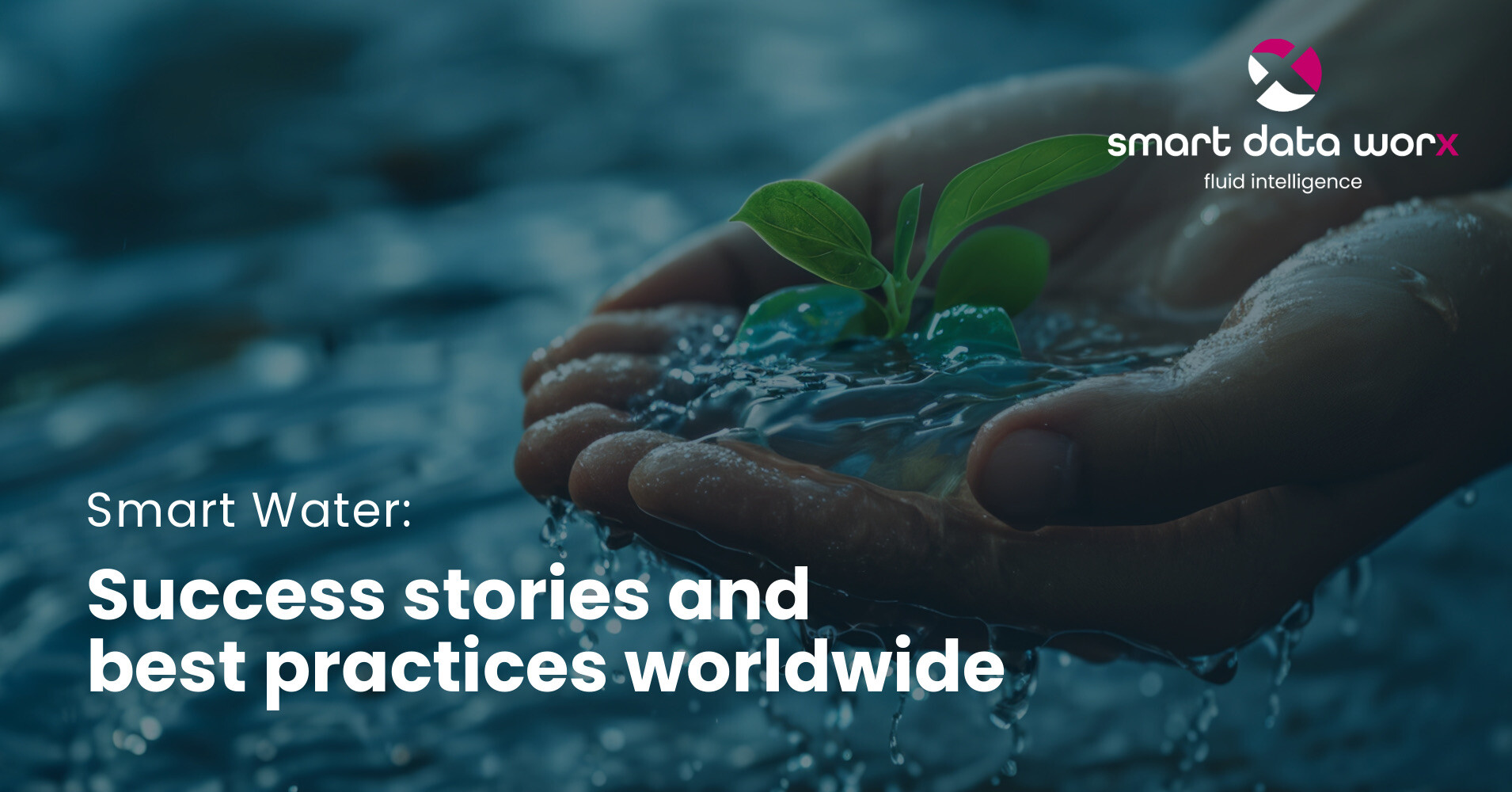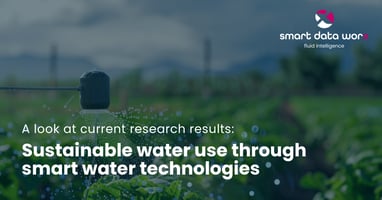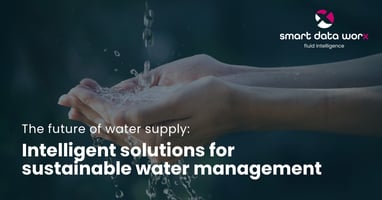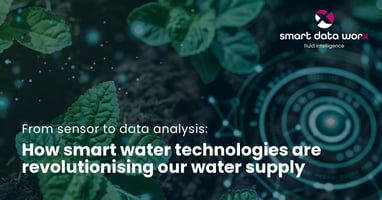The sustainable use of water resources has become a key challenge in view of global environmental...
Smart Water: Success stories and best practices worldwide

The challenge of global water scarcity requires innovative solutions to ensure a sustainable water supply. One of the most promising concepts in this area is ‘Smart Water’, which involves the use of intelligent technologies to increase the efficiency of water supply systems. In this article, we take a look at some success stories from the field and identify key success factors and lessons learnt for future implementations.
Case studies of intelligent water supply projects
- Singapore: Intelligent Water Management Singapore is a world leader in intelligent water management. The Singapore Public Utilities Board has implemented a comprehensive water management strategy that emphasises technology and innovation. Key measures include:
- NEWater: A programme to recycle wastewater into clean drinking water.
- Intelligent sensors: Use of IoT sensors for real-time monitoring and detection of leaks in pipework.
- Saving water: Smart water meters and apps for monitoring water consumption are intended to motivate citizens to use water more sparingly.
- Barcelona, Spain: Smart Water Network Barcelona has implemented an intelligent water network based on an advanced wireless infrastructure. Important components are:
- Automated meter reading: remote reading systems for recording water consumption data in real time.
- Leak detection: Algorithms that recognise deviations in water pressure and flow and thus indicate leaks at an early stage.
- Water quality monitoring: Permanent water quality monitoring to ensure that the water meets international standards.
- São Paulo, Brazil: Repeated droughts have prompted São Paulo to introduce innovative methods for water management. The water authority SABESP has taken the following measures:
- Big data and analytics: Utilising extensive data sets to monitor and predict water demand.
- Regional management: development of specific management plans for different regions of the city.
- Irrigation management: Introduction of systems for the intelligent control of agricultural irrigation.
Success factors for smart water projects
Several success factors can be derived from the above-mentioned case studies that are decisive for the successful implementation of smart water projects:
- Technology integration: Seamless integration of different technologies such as IoT, big data and machine learning is essential. It is important that the different systems can communicate with each other and share data in real time to maximise the efficiency and accuracy of water management.
- Data management: Successful projects rely on the effective use and analysis of data to make informed decisions. This includes collecting, storing, processing and analysing large amounts of data to identify trends, forecast and take proactive action. A robust data management system is crucial to support these processes.
- Raising public awareness: Raising awareness and engaging citizens is critical to success, especially for water conservation measures. Public outreach and education programmes can promote public understanding and acceptance of smart water initiatives, ensuring their active participation and support.
- Government support: Political support and investment in sustainable water infrastructure play an important role. Laws and regulations that promote the use of smart water technologies, as well as financial incentives and support programmes, can greatly facilitate the implementation and scaling up of such projects.
- Flexibility and adaptability: The ability to adapt projects to local conditions and challenges is crucial. Each region has unique climatic, geographical and socio-economic conditions that need to be taken into account. Successful smart water projects are characterised by their ability to respond flexibly to changes and develop customised solutions.
Lessons for future implementations
Analysing the success stories provides valuable lessons for future projects:
- Early involvement of those affected: All relevant stakeholders should be involved in the planning process from the outset. This includes not only government agencies and companies, but also local communities, environmental organisations and scientists. Early involvement promotes understanding of the needs and concerns of all stakeholders and creates acceptance for planned measures. Participatory processes allow innovative ideas to be introduced and potential conflicts to be recognised and resolved at an early stage.
- Pilot projects: Large-scale pilot projects can help to test and adapt technologies and strategies before they are implemented on a large scale. These projects serve as practical testing grounds to verify the effectiveness and efficiency of new approaches under real-life conditions. Experiences from pilot projects provide valuable data and findings that can be incorporated into the further development and optimisation of measures. They can also serve as examples of success and strengthen confidence in new technologies and processes.
- Training and further education: Investment in the training of professionals and public awareness campaigns is crucial. Professionals need regular training to keep up with the latest developments and technologies in water management. At the same time, it is important to educate the population about the importance of sustainable water management and the proper use of water resources. Educational programmes and campaigns can help to raise awareness of water conservation and promote environmentally conscious behaviour.
- Long-term planning: Sustainable water management requires long-term planning and investment rather than short-term solutions. This means that strategies need to be developed that will last for several decades and can react flexibly to changes. Long-term planning takes into account both current and future challenges such as climate change, population growth and economic developments. By planning ahead, risks can be minimised and water resources can be used efficiently and sustainably.
Conclusion
Intelligent water supply systems offer enormous potential for efficiently managing water demand and increasing security of supply. By utilising technology, data analysis and holistic planning, cities around the world can make their water systems fit for the future and make an important contribution to solving the global water crisis. Successful projects such as those in Singapore, Barcelona and São Paulo provide valuable insights and serve as a model for future implementations.


